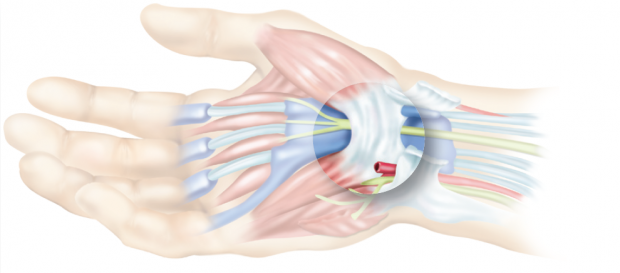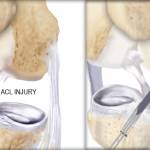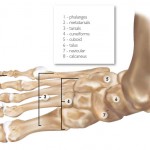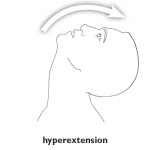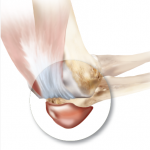Carpal tunnel syndrome (CTS) is a very common source of hand pain and numbness. People suffer from CTS for a variety of reasons, from heredity to overuse. In mild cases, they can sometimes be treated without surgery.
The carpal tunnel is a narrow passageway that runs along the inner wrist and protects the main nerve of the hand, known as the median nerve, as well as the tendons that allow the fingers to bend. Repeated pressure applied to the nerve can result in carpal tunnel syndrome, which is the numbness, pain and weakening of the hand. There are many causes for this condition. Some are preventable and some are not. Health conditions such as rheumatoid arthritis and diabetes have been known to attribute to the development of carpal tunnel syndrome.
Any activity that requires repetitive flexing and extending of the tendons of the wrist and hand for extended periods of time can increase pressure on the nerve within the carpal tunnel.
Symptoms of carpal tunnel syndrome usually begin with soreness or weakness in the wrist. These symptoms can develop into pain in the wrist that can extend up the arm or to the tips of the fingers and palm of the hand, followed by a sense of weakness in the hand and the tendency to drop objects accidentally. If these symptoms persist for an extended length of time, it is best to see a doctor to prevent permanent nerve damage from occurring.


